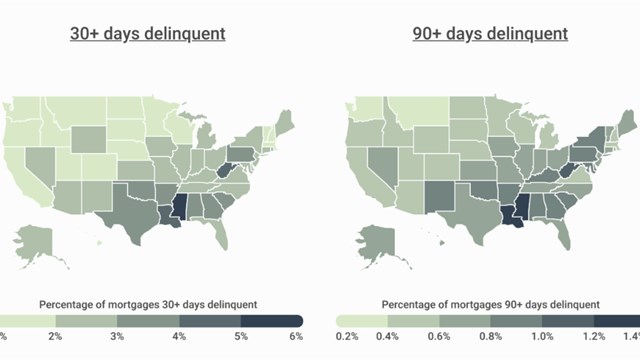
Q. Our annual shareholder meeting is to be held each April (per our bylaws). However, when COVID started in March 2020, our 2020 annual meeting was canceled and we have not had one since. The last meeting was held in April 2019. When I’ve contacted our board of directors and management company asking when one will be held or scheduled, they keep telling me that they can’t hold one at this time. I don’t understand why and when I attempt to reach them for more information, they refuse to respond to my requests. Do you know what I can do or who I can contact that would be able to have the authority to make our board schedule a meeting, either in person or via Zoom? Our bylaws state this is a must, and as shareholders we want and deserve this to happen.
Is there someone who has power over our BODs? Should I be submitting a complaint with the Bureau of Consumer Protection in the Office of the Attorney General?
—Feeling Ignored
A. “There is no excuse for not holding an annual shareholders meeting, which is a crucial component of ensuring shareholder democracy in a cooperative corporation by electing directors and holding the board of directors accountable,” says Slava Hazin, partner in New York City law firm Warshaw Burstein. “In the first instance, the New York Business Corporation Law (BCL) permits corporations, including cooperative housing corporations, to conduct board actions electronically and to hold virtual shareholder meetings. During the pandemic, Governor Cuomo issued an Executive Order that suspended the requirement of having in-person shareholder meetings. In April 2021, the New York Legislature amended the BCL to permit virtual shareholder meetings, with an expiration date of December 31, 2021. However, in November 2021, Governor Hochul signed a law making this change permanent. Thus, if the board and the managing agent do not want to hold an in-person meeting so as to prevent the spread of the COVID virus, they have the option of conducting a virtual meeting. Second, Section 602 of the BCL requires annual meetings. In the event that the board does not hold an annual meeting, both New York law and your cooperative’s bylaws provide for a special meeting of shareholders that may be called by either the board, a person authorized to do so by the bylaws, or by a certain percentage of the shareholders. You should have an attorney review your cooperative’s bylaws on how a special meeting may be called by shareholders and follow those procedures if the board continues to ignore your demand.”









Comments
Leave a Comment